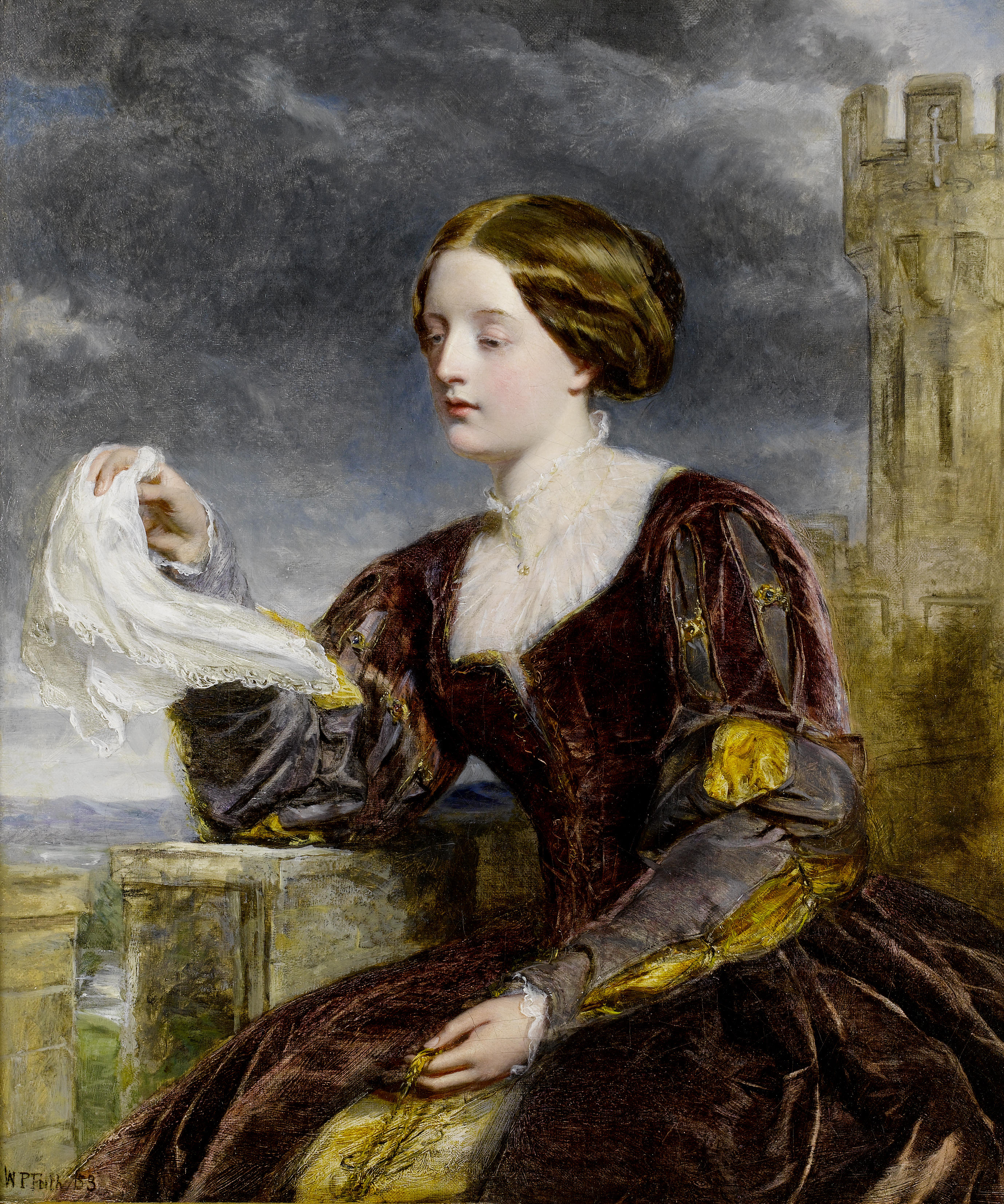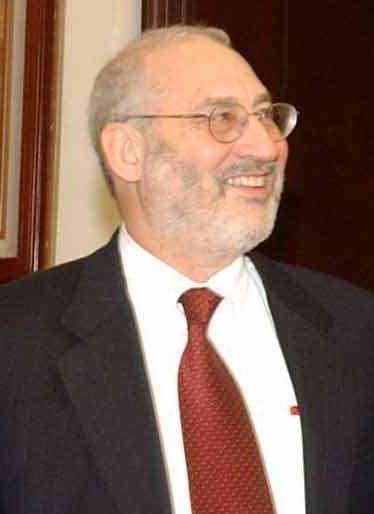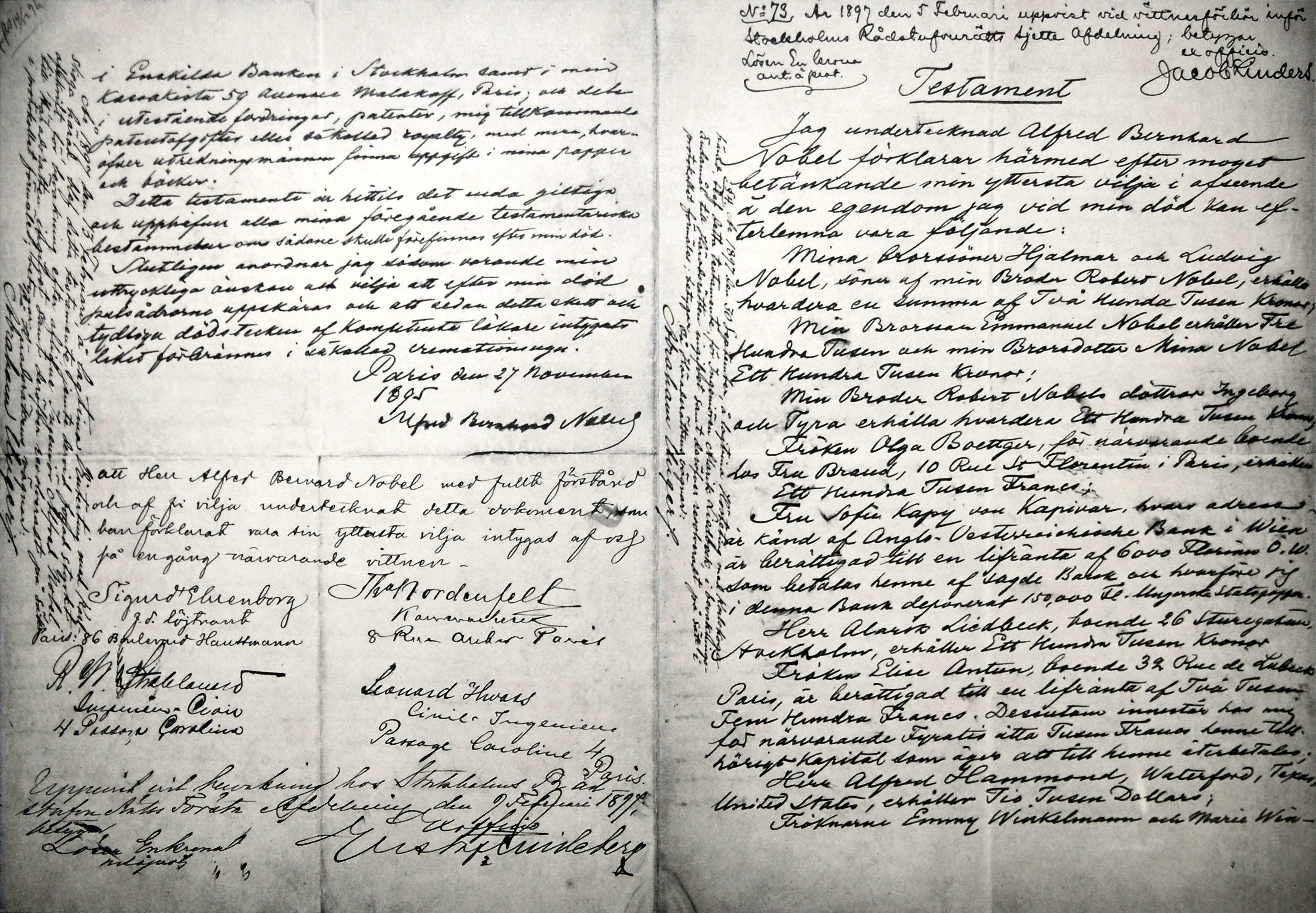|
Information Asymmetries
In contract theory and economics, information asymmetry deals with the study of decisions in transactions where one party has more or better information than the other. Information asymmetry creates an imbalance of power in transactions, which can sometimes cause the transactions to be inefficient, causing market failure in the worst case. Examples of this problem are adverse selection, moral hazard, and monopolies of knowledge. A common way to visualise information asymmetry is with a scale with one side being the seller and the other the buyer. When the seller has more or better information the transaction will more likely occur in the seller's favour ("the balance of power has shifted to the seller"). An example of this could be when a used car is sold, the seller is likely to have a much better understanding of the car's condition and hence its market value than the buyer, who can only estimate the market value based on the information provided by the seller and their ... [...More Info...] [...Related Items...] OR: [Wikipedia] [Google] [Baidu] |
Contract Theory
From a legal point of view, a contract is an institutional arrangement for the way in which resources flow, which defines the various relationships between the parties to a transaction or limits the rights and obligations of the parties. From an economic perspective, contract theory studies how economic actors can and do construct contractual arrangements, generally in the presence of information asymmetry. Because of its connections with both agency and incentives, contract theory is often categorized within a field known as law and economics. One prominent application of it is the design of optimal schemes of managerial compensation. In the field of economics, the first formal treatment of this topic was given by Kenneth Arrow in the 1960s. In 2016, Oliver Hart and Bengt R. Holmström both received the Nobel Memorial Prize in Economic Sciences for their work on contract theory, covering many topics from CEO pay to privatizations. Holmström ( MIT) focused more on the connect ... [...More Info...] [...Related Items...] OR: [Wikipedia] [Google] [Baidu] |
William Vickrey
William Spencer Vickrey (21 June 1914 – 11 October 1996) was a Canadian-American professor of economics and Nobel Laureate. Vickrey was awarded the 1996 Nobel Memorial Prize in Economic Sciences with James Mirrlees for their research into the economic theory of incentives under asymmetric information, becoming the only Nobel laureate born in British Columbia. The announcement of his Nobel Prize was made just three days prior to his death. Vickrey died while traveling to a conference of Georgist academics that he helped found and never missed once in 20 years. His Columbia University economics department colleague C. Lowell Harriss accepted the posthumous prize on his behalf. There are only three other cases where a Nobel Prize has been presented posthumously. Early years Vickrey was born in Victoria, British Columbia and attended high school at Phillips Academy in Andover, Massachusetts. After obtaining his B.S. in Mathematics at Yale University in 1935, he went on to compl ... [...More Info...] [...Related Items...] OR: [Wikipedia] [Google] [Baidu] |
Signaling
In signal processing, a signal is a function that conveys information about a phenomenon. Any quantity that can vary over space or time can be used as a signal to share messages between observers. The '' IEEE Transactions on Signal Processing'' includes audio, video, speech, image, sonar, and radar as examples of signal. A signal may also be defined as observable change in a quantity over space or time (a time series), even if it does not carry information. In nature, signals can be actions done by an organism to alert other organisms, ranging from the release of plant chemicals to warn nearby plants of a predator, to sounds or motions made by animals to alert other animals of food. Signaling occurs in all organisms even at cellular levels, with cell signaling. Signaling theory, in evolutionary biology, proposes that a substantial driver for evolution is the ability of animals to communicate with each other by developing ways of signaling. In human engineering, signals are t ... [...More Info...] [...Related Items...] OR: [Wikipedia] [Google] [Baidu] |
Friedrich Hayek
Friedrich August von Hayek ( , ; 8 May 189923 March 1992), often referred to by his initials F. A. Hayek, was an Austrian–British economist, legal theorist and philosopher who is best known for his defense of classical liberalism. Hayek shared the 1974 Nobel Memorial Prize in Economic Sciences with Gunnar Myrdal for their work on money and economic fluctuations, and the interdependence of economic, social and institutional phenomena. His account of how changing prices communicate information that helps individuals coordinate their plans is widely regarded as an important achievement in economics, leading to his prize. Hayek served in World War I during his teenage years and said that this experience in the war and his desire to help avoid the mistakes that had led to the war drew him into economics. At the University of Vienna, he studied economics, eventually receiving his doctoral degrees in law in 1921 and in political science in 1923. He subsequently lived and work ... [...More Info...] [...Related Items...] OR: [Wikipedia] [Google] [Baidu] |
Max Weber
Maximilian Karl Emil Weber (; ; 21 April 186414 June 1920) was a German Sociology, sociologist, historian, jurist and political economy, political economist, who is regarded as among the most important theorists of the development of Modernity, modern Western world, Western society. His ideas profoundly influence social theory and social research, research. While Weber did not see himself as a sociologist, he is recognized as one of the fathers of sociology along with Karl Marx, and Émile Durkheim. Unlike Durkheim, Weber did not believe in wikt:monocausal, monocausal explanations, proposing instead that for any outcome there can be multiple causes. Also unlike Durkheim, Weber was a key proponent of methodological Antipositivism, anti-positivism, arguing for the study of social action through Verstehen, interpretive rather than purely Empiricism, empiricist methods, based on a subjective understanding of the Meaning-making, meanings that individuals attach to their own actions. ... [...More Info...] [...Related Items...] OR: [Wikipedia] [Google] [Baidu] |
John Stuart Mill
John Stuart Mill (20 May 1806 – 7 May 1873) was an English philosopher, political economist, Member of Parliament (MP) and civil servant. One of the most influential thinkers in the history of classical liberalism, he contributed widely to social theory, political theory, and political economy. Dubbed "the most influential English-speaking philosopher of the nineteenth century", he conceived of liberty as justifying the freedom of the individual in opposition to unlimited state and social control. Mill was a proponent of utilitarianism, an ethical theory developed by his predecessor Jeremy Bentham. He contributed to the investigation of scientific methodology, though his knowledge of the topic was based on the writings of others, notably William Whewell, John Herschel, and Auguste Comte, and research carried out for Mill by Alexander Bain. He engaged in written debate with Whewell. A member of the Liberal Party and author of the early feminist work '' The Subje ... [...More Info...] [...Related Items...] OR: [Wikipedia] [Google] [Baidu] |
Adam Smith
Adam Smith (baptized 1723 – 17 July 1790) was a Scottish economist and philosopher who was a pioneer in the thinking of political economy and key figure during the Scottish Enlightenment. Seen by some as "The Father of Economics"——— or "The Father of Capitalism",———— he wrote two classic works, '' The Theory of Moral Sentiments'' (1759) and ''An Inquiry into the Nature and Causes of the Wealth of Nations'' (1776). The latter, often abbreviated as ''The Wealth of Nations'', is considered his '' magnum opus'' and the first modern work that treats economics as a comprehensive system and as an academic discipline. Smith refuses to explain the distribution of wealth and power in terms of God’s will and instead appeals to natural, political, social, economic and technological factors and the interactions between them. Among other economic theories, the work introduced Smith's idea of absolute advantage. Smith studied social philosophy at the University of Gl ... [...More Info...] [...Related Items...] OR: [Wikipedia] [Google] [Baidu] |
Joseph Stiglitz
Joseph Eugene Stiglitz (; born February 9, 1943) is an American New Keynesian economist, a public policy analyst, and a full professor at Columbia University. He is a recipient of the Nobel Memorial Prize in Economic Sciences (2001) and the John Bates Clark Medal (1979). He is a former senior vice president and chief economist of the World Bank. He is also a former member and chairman of the (US president's) Council of Economic Advisers. He is known for his support of Georgist public finance theory and for his critical view of the management of globalization, of '' laissez-faire'' economists (whom he calls " free-market fundamentalists"), and of international institutions such as the International Monetary Fund and the World Bank. In 2000, Stiglitz founded the Initiative for Policy Dialogue (IPD), a think tank on international development based at Columbia University. He has been a member of the Columbia faculty since 2001, and received the university's highest acade ... [...More Info...] [...Related Items...] OR: [Wikipedia] [Google] [Baidu] |
De Officiis
''De Officiis'' (''On Duties'' or ''On Obligations'') is a political and ethical treatise by the Roman orator, philosopher, and statesman Marcus Tullius Cicero written in 44 BC. The treatise is divided into three books, in which Cicero expounds his conception of the best way to live, behave, and observe moral obligations. The work discusses what is honorable (Book I), what is to one's advantage (Book II), and what to do when the honorable and one's private interest apparently conflict (Book III). In the first two books Cicero was heavily influenced by the Stoic philosopher Panaetius, but wrote more independently for the third book. In addition to being a central component of liberal education for centuries, the work was held in high regard among many prolific philosophers and statesman including Augustine, Thomas Aquinas, Hugo Grotius, Montesquieu, Voltaire, and the American Founding Fathers. ''De Officiis'', along with Xenophon's ''Cyropaedia,'' are considered among the foundat ... [...More Info...] [...Related Items...] OR: [Wikipedia] [Google] [Baidu] |
Contemporary History
Contemporary history, in English-language historiography, is a subset of modern history that describes the historical period from approximately 1945 to the present. Contemporary history is either a subset of the late modern period, or it is one of the three major subsets of modern history, alongside the early modern period and the late modern period. In the social sciences, contemporary history is also continuous with, and related to, the rise of postmodernity. Contemporary history is politically dominated by the Cold War (1947–1991) between the Western Bloc, led by the United States, and the Eastern Bloc, led by the Soviet Union. The confrontation spurred fears of a nuclear war. An all-out "hot" war was avoided, but both sides intervened in the internal politics of smaller nations in their bid for global influence and via proxy wars. The Cold War ultimately ended with the Revolutions of 1989 and the dissolution of the Soviet Union in 1991. The latter stages and ... [...More Info...] [...Related Items...] OR: [Wikipedia] [Google] [Baidu] |
Nobel Foundation
The Nobel Foundation ( sv, Nobelstiftelsen) is a private institution founded on 29 June 1900 to manage the finances and administration of the Nobel Prizes. The foundation is based on the last will of Alfred Nobel, the inventor of dynamite. It also holds Nobel Symposia on important breakthroughs in science and topics of cultural or social significance. History , born on 21 October 1833 in Stockholm Sweden, was a chemist, engineer, innovator, armaments manufacturer and the inventor of dynamite. He owned Bofors, a major armaments manufacturer, which he had redirected from its original business as an iron and steel mill. Nobel held 355 different patents, dynamite being the most famous. Nobel amassed a sizeable personal fortune during his lifetime, thanks mostly to this invention. In 1896 Nobel died of a stroke in his villa in San Remo, Italy where he had lived his final years.AFP"Alfred Nobel's last will and testament", '' The Local''(5 October 2009): accessed 14 January ... [...More Info...] [...Related Items...] OR: [Wikipedia] [Google] [Baidu] |
Royal Swedish Academy Of Sciences
The Royal Swedish Academy of Sciences ( sv, Kungliga Vetenskapsakademien) is one of the royal academies of Sweden. Founded on 2 June 1739, it is an independent, non-governmental scientific organization that takes special responsibility for promoting natural sciences and mathematics and strengthening their influence in society, whilst endeavouring to promote the exchange of ideas between various disciplines. The goals of the academy are: * to be a forum where researchers meet across subject boundaries, * to offer a unique environment for research, * to provide support to younger researchers, * to reward outstanding research efforts, * to communicate internationally among scientists, * to advance the case for science within society and to influence research policy priorities * to stimulate interest in mathematics and science in school, and * to disseminate and popularize scientific information in various forms. Every year, the academy awards the Nobel Prizes in physics and chem ... [...More Info...] [...Related Items...] OR: [Wikipedia] [Google] [Baidu] |








